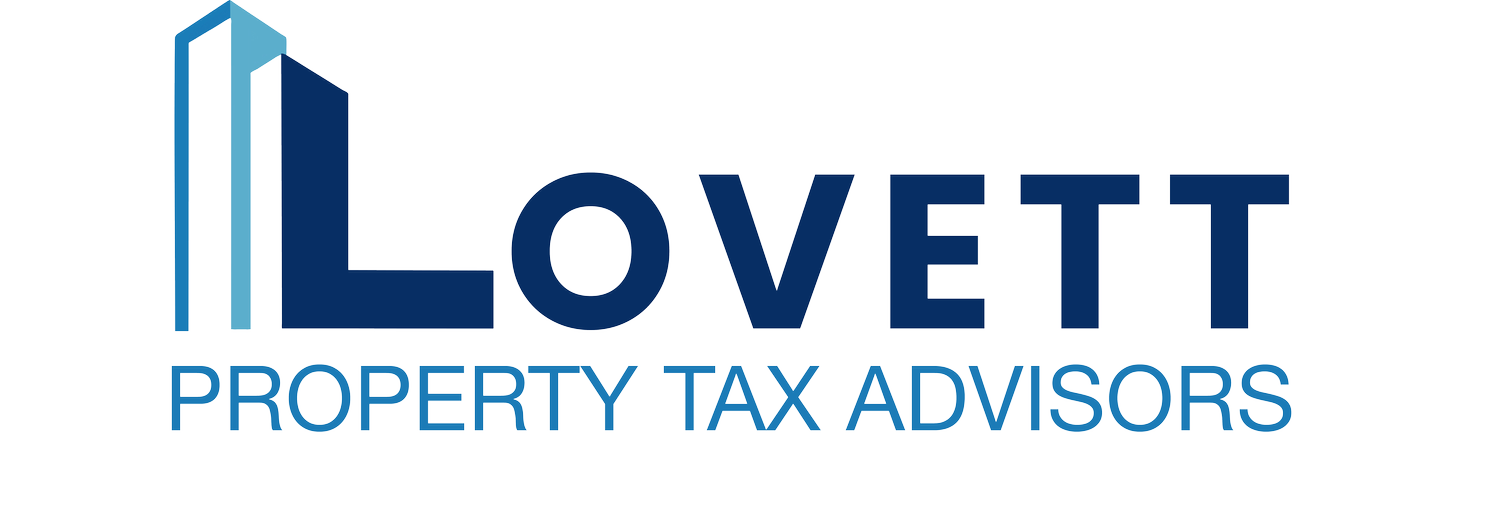Recent Amendments to OCGA § 48-5-2 (3) and Their Impact on Property Valuation
Introduction
In the ever-evolving landscape of property taxation, legislative changes play a crucial role in shaping the rules and methodologies used to determine property values. One such area of focus is OCGA § 48-5-2 (3), which defines the "fair market value of property" in Georgia. In this article, we will explore the recent historical analysis of OCGA § 48-5-2 (3) and the amendments that have been made to it, along with their implications for property valuation.
Amendments through House Bill 196
House Bill 196, enacted during the 2017 Legislative Session, brought significant modifications to OCGA § 48-5-2 (3). The amended version emphasized that the fair market value should reflect the amount a knowledgeable buyer would pay and a willing seller would accept in an arm's length, bona fide sale. Furthermore, it introduced the consideration of the income approach in determining the fair market value of income-producing properties. If property owners voluntarily provided actual income and expense data, such information would be taken into account during the valuation process.
Additionally, House Bill 196 made changes to OCGA § 48-5-2 (3)(B)(vi), addressing rent limitations, higher operating costs due to regulatory requirements, and other restrictions related to income tax credits and subsidies for residential rental properties. It ensured that such properties would not be considered comparable for the assessment of other properties.
Introduction of OCGA § 48-5-2 (3)(B)(vii)
Through House Bill 196, a new provision, OCGA § 48-5-2 (3)(B)(vii), was added to the legislation. This provision allowed the consideration of income tax credits described in division (vi) when establishing the value of properties subject to rent restrictions. The tax assessor could take into account comparable sales of properties that had transferred unused income tax credits in an arm's length bona fide sale. Furthermore, if these income tax credits generated actual income to the property's title holder, they could be considered in determining the fair market value under the income approach.
HB 507 and Its Impact
In 2019, HB 507 came into effect, maintaining the language introduced by House Bill 196. This legislation, which remains current, continues to define fair market value in the same manner. Importantly, HB 507 did not modify OCGA § 48-5-2 (3)(B)(vi) or (vii), indicating that these provisions have remained unchanged since their introduction.
Heron Lake II Case and Judicial Analysis
In the case of Heron Lake II Apartments, LP et al v. Lowndes Cnty. Board of Tax Assessors, the Georgia Supreme Court examined the constitutionality of the 2017 version of OCGA § 48-5-2 (3) (B). The court upheld the provisions and concluded that the General Assembly's inclusion of the sales comparison approach and the income approach was reasonable and constitutional.
Regarding the sales comparison approach, the court acknowledged that it was limited to situations where fair comparisons to other Section 42 properties with unused tax credits were possible. While these sales might be infrequent, the court reasoned that the legislation aimed to ensure fair and accurate results when the approach was applicable.
In the case of the income approach, the court agreed that the current structure of Low-Income Housing Tax Credits (LIHTCs) did not constitute "actual income" under OCGA § 48-5-2 (3) (B) (vii) (II). However, the court acknowledged that the statute could be applied in circumstances where LIHTCs generated actual income to the taxpayer, such as resulting in a net payment rather than merely reducing tax liability.
The court also noted that tax assessors had the flexibility to consider other existing factors provided by law or regulation when determining fair market value. The Appraisal Procedures Manual, part of the Department of Revenue's regulations, directed appraisers to consider the sales comparison, income, and cost approaches while ensuring compliance with the definition of fair market value.
Conclusion
The recent historical analysis of OCGA § 48-5-2 (3) highlights the ongoing efforts to refine property valuation methodologies in Georgia. The amendments introduced through House Bill 196 and maintained by HB 507 have provided clarity on the factors to consider, such as arm's length, bona fide sales, income approach, and the role of income tax credits. The Heron Lake II case further validated the constitutionality of these provisions and emphasized the importance of fair and accurate property valuations.
As property taxation continues to evolve, it is essential to stay informed about legislative changes and their implications for property owners, tax assessors, and the overall fairness of the system. By understanding the recent amendments to OCGA § 48-5-2 (3), stakeholders can navigate property valuation processes with greater confidence and transparency.


